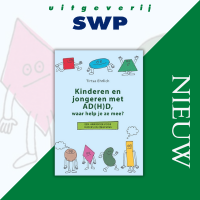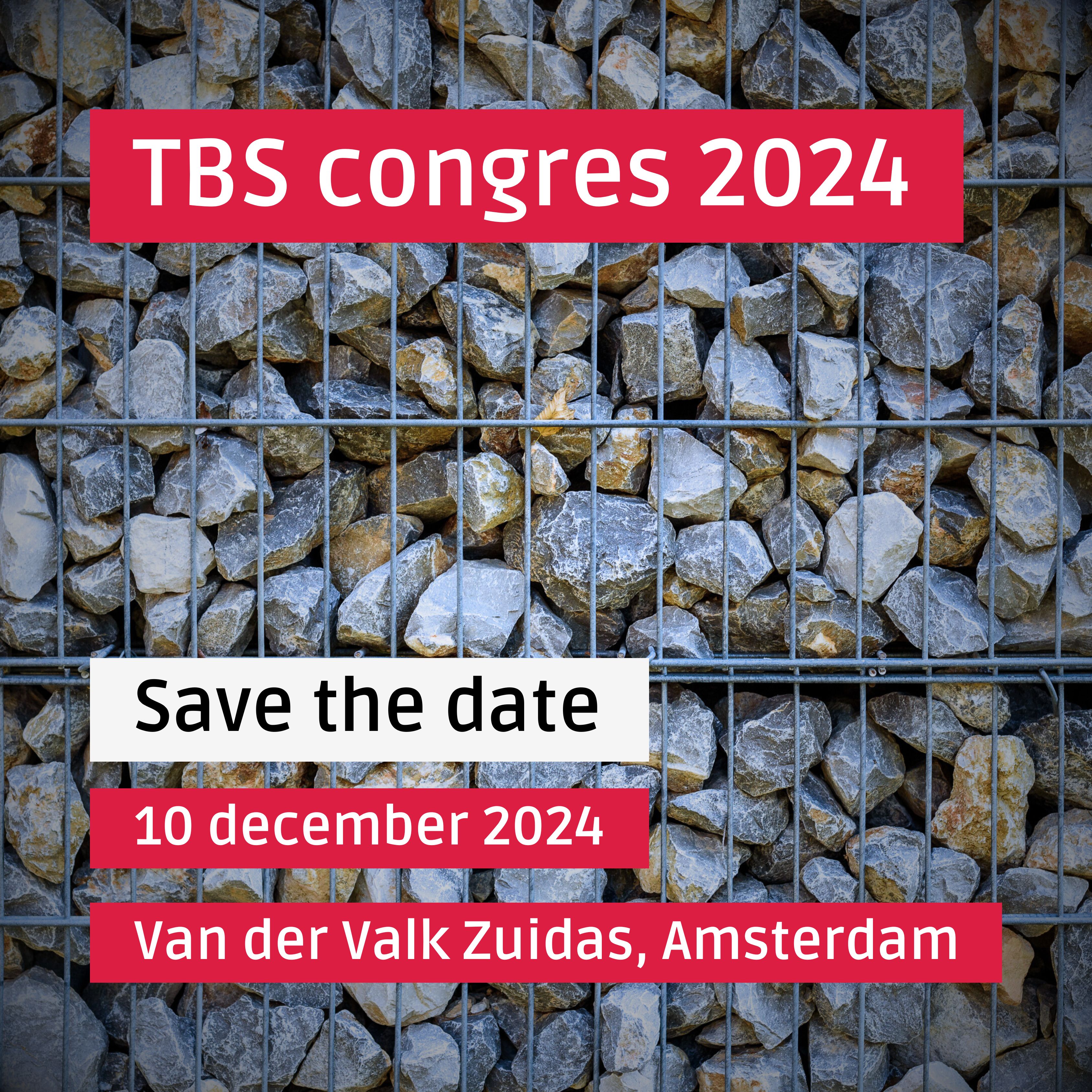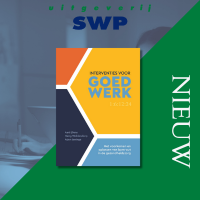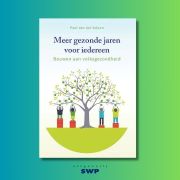Albanese, J. & Paturas, J. (2018). The importance of critical thinking skills in disaster management. Journal of business continuity & emergency planning, 11, 326-334.
Dahl, C. J., Wilson-Mendenhall, C. D. & Davidson, R. J. (2020). The plasticity of well-being: A training-based framework for the cultivation of human flourishing. Proceedings of the National Academy of Sciences of the United States of America, 202014859.
Fisher M. (2019). A theory of public wellbeing. BMC Public Health, 19: 1283.
Karunamuni, N., Imayama, I. & Goonetilleke, D. (2020). Pathways to well-being: Untangling the causal relationships among biopsychosocial variables. Social science & medicine (1982), 112846. Advance online publication.
Reichert, M., Braun, U., Gan, G., Reinhard, I., Giurgiu, M., Ma, R., Zang, Z., Hennig, O., Koch, E.D., Wieland, L., Schweiger, J., Inta, D., Hoell, A., Akdeniz, C., Zipf, A., Ebner-Priemer, U.W., Tost, H., & Meyer-Lindenberg, A. (2020). A neural mechanism for affective well-being: Subgenual cingulate cortex mediates real-life effects of nonexercise activity on energy. Science advances, 6, eaaz8934.
Stainton, A., Chisholm, K., Kaiser, N., Rosen, M., Upthegrove, R., Ruhrmann, S. & Wood, S.J. (2019). Resilience as a multimodal dynamic process. Early intervention in psychiatry, 13, 725-732.
Stel, J. van der (2018). Psychische gezondheid. Gedragsverandering en zelfregulatie bij psychische problematiek. Bussum: Coutinho.
Stel, J. van der (2019). Veerkracht bij klimaatverandering. Behoud van gezondheid en welzijn. Amsterdam: SWP.
Tabibnia, G. & Radecki, D. (2018). Resilience training that can change the brain. Consulting Psychology Journal: Practice and Research, 70, 59-88.










